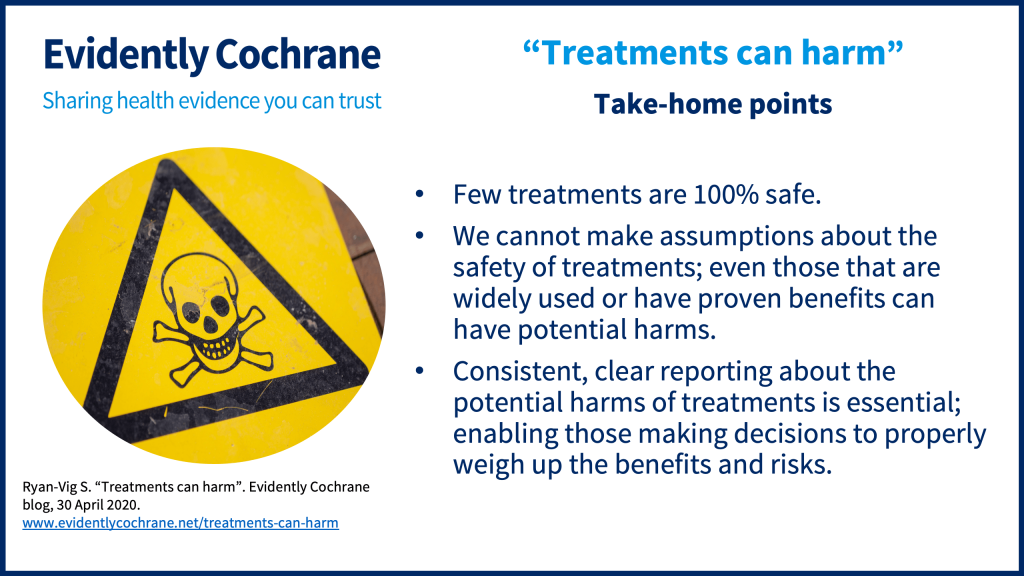ME/CFS Science Blog
Senior Member (Voting Rights)
Good idea, but I couldn't figure out how to nominate Vink for the Bill Silverman prize.@Michiel Tack maybe you/others could try again this year?
If someone else figures it out, feel free to use my text above.


